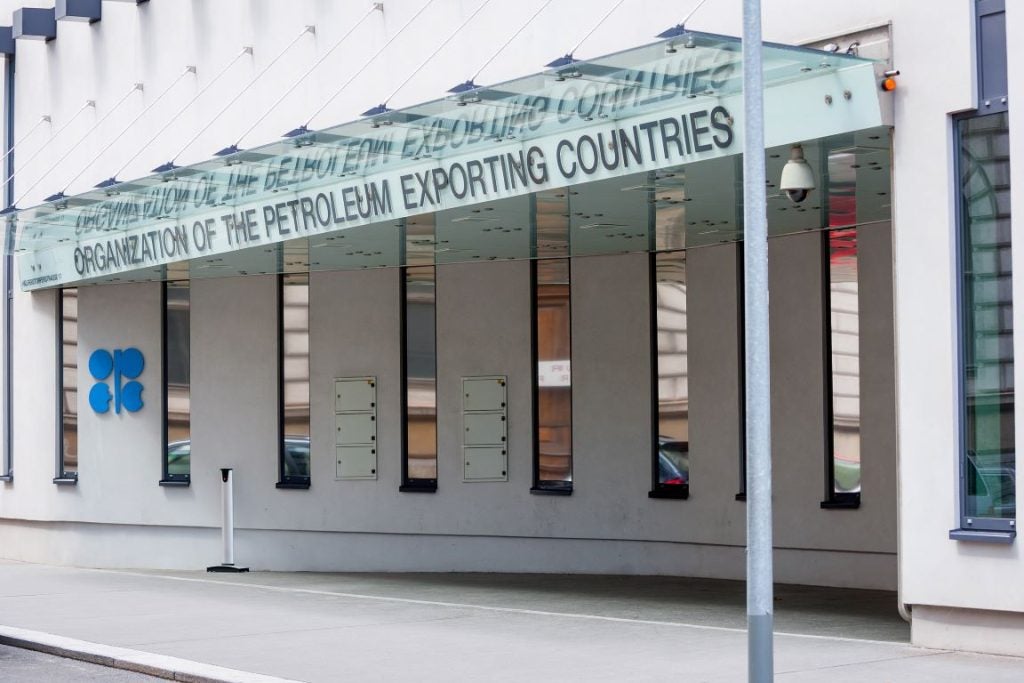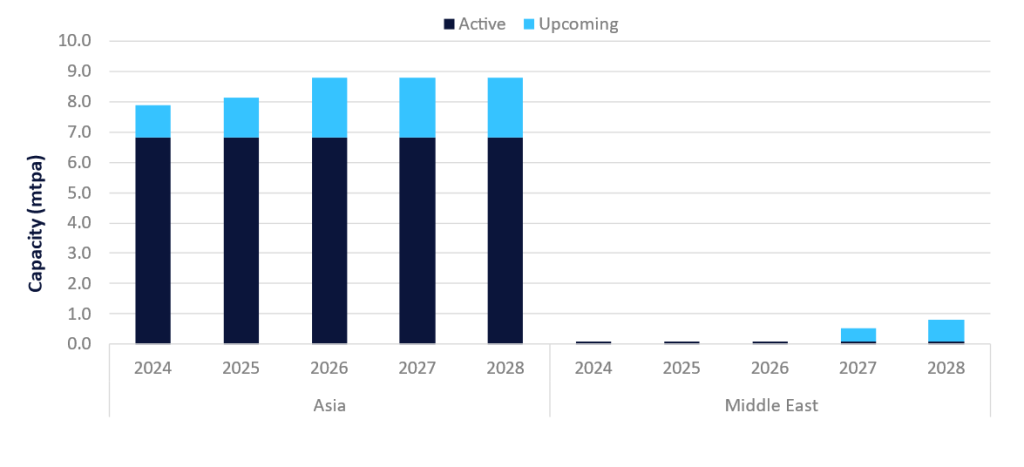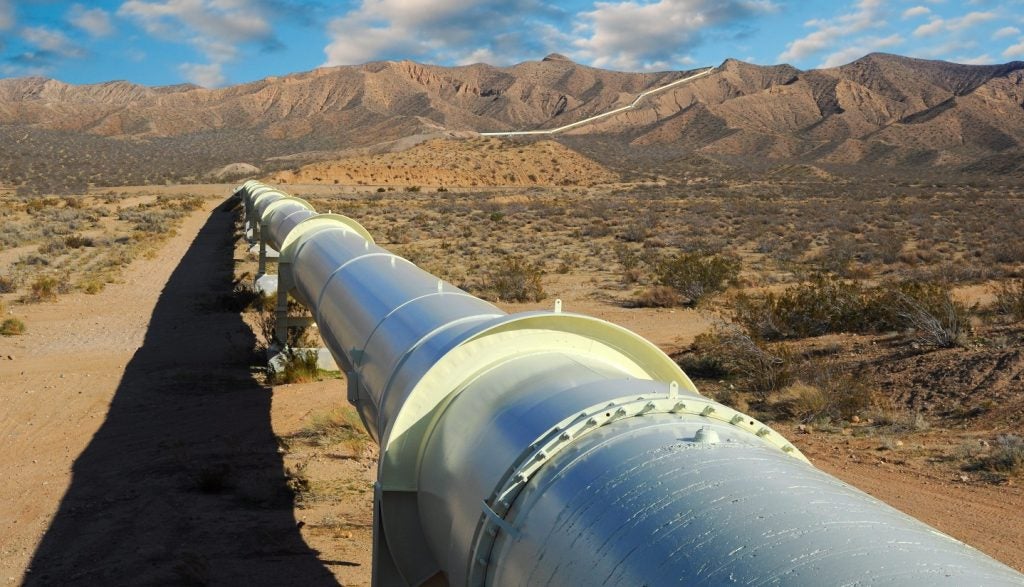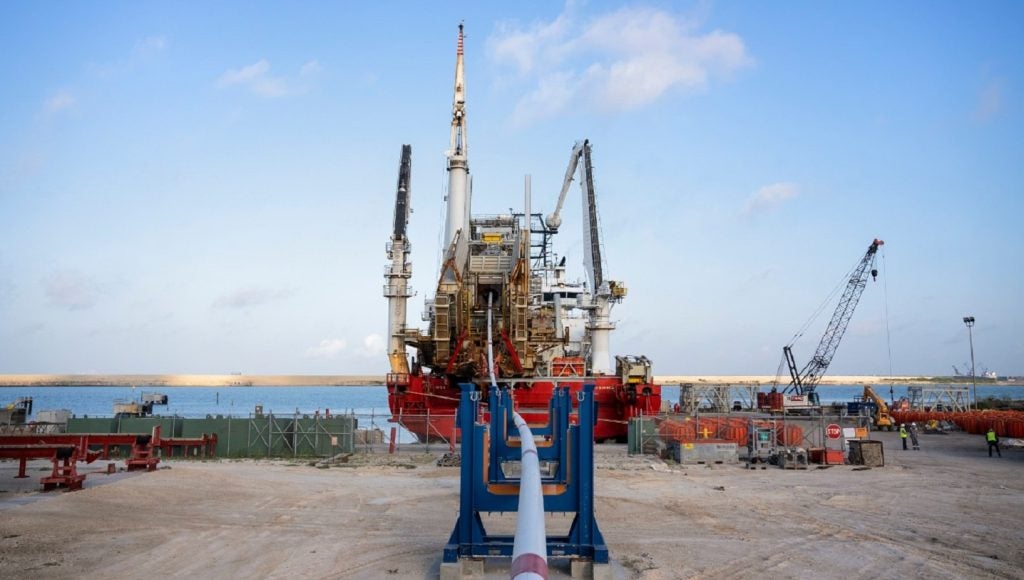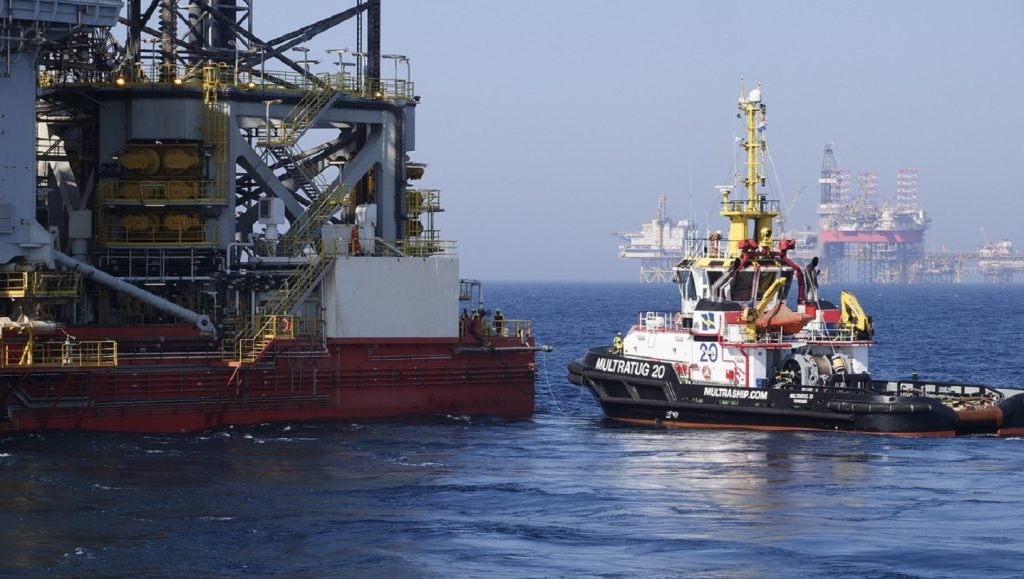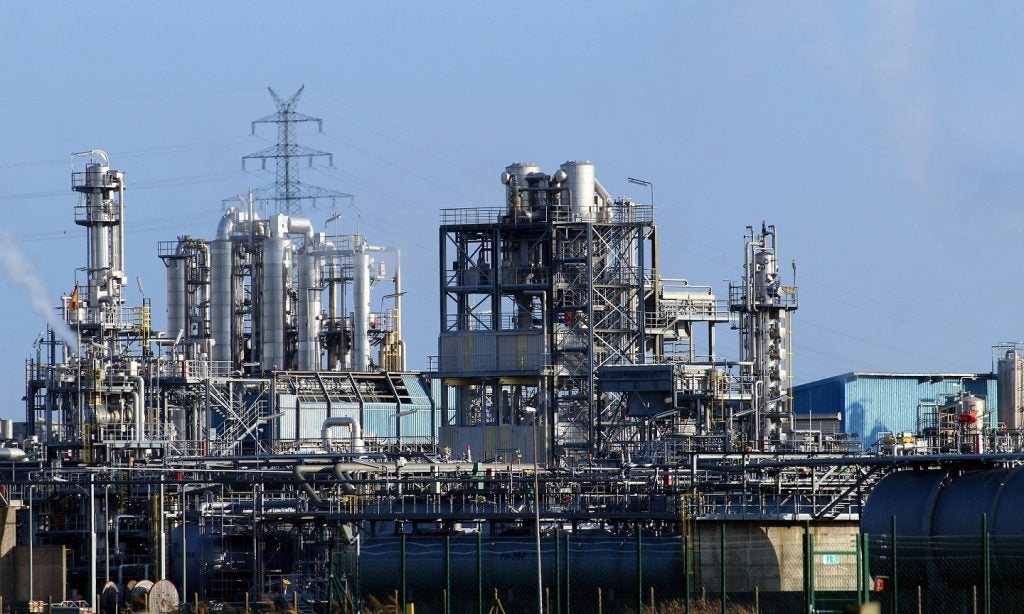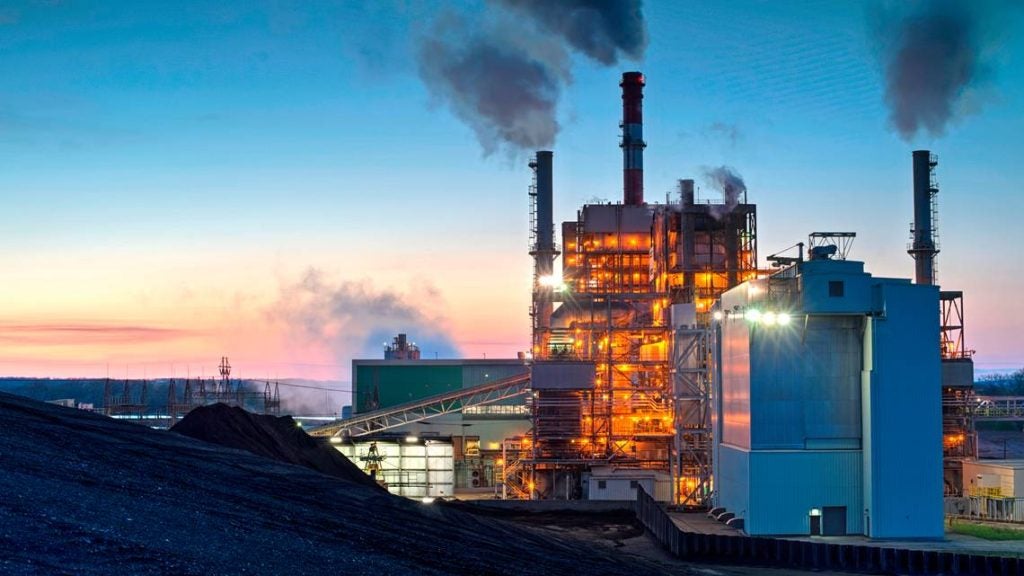Intergovernmental organisation OPEC has expressed its encouragement regarding commentary from the International Energy Agency (IEA) highlighting the significance of oil security.
The IEA’s commentary highlighted the security implications of clean energy transitions, including the supply of critical minerals. According to the IEA's net-zero scenario, supply chains for critical minerals will face challenges. OPEC reinforced this sentiment, stating that a typical electric car requires six-times more mineral inputs than a conventional one.
The commentary said: “An enduring focus on oil security is a consequence of the continued need for oil to fuel cars, trucks, ships and aircraft, as well as to produce the petrochemicals necessary to manufacture countless everyday items.”
In response, OPEC reaffirmed: “We will continue to reiterate that energy security, energy affordability and reducing emissions need to go hand-in-hand, as we look to an all-energies, all-technologies and all-peoples approach to energy transitions.”
However, there is still considerable differences between the two organisations. The IEA's commentary underscores the recent disagreements between the two bodies on crucial matters such as the need for investment in new supplies and the long-term demand outlook.
“There is a high degree of uncertainty around how quickly demand will fall, leaving oil companies facing difficult and commercially risky decisions around upstream investment. The consequences of these decisions will have an impact on the security of the oil supply, as well as the bottom lines of oil companies,” the IEA said on Monday.
Meanwhile, OPEC argues that the IEA's suggestion of not developing new oil and natural gas fields as part of its net-zero pathway has led to significant uncertainty, which could result in energy chaos instead of energy security.
Reuters said the IEA and OPEC's views on demand have diverged more significantly recently than they have in the past 16 years. OPEC+, which comprises OPEC and its allies such as Russia, resolved in 2022 to discontinue relying on data from the IEA while evaluating the condition of the oil market.


